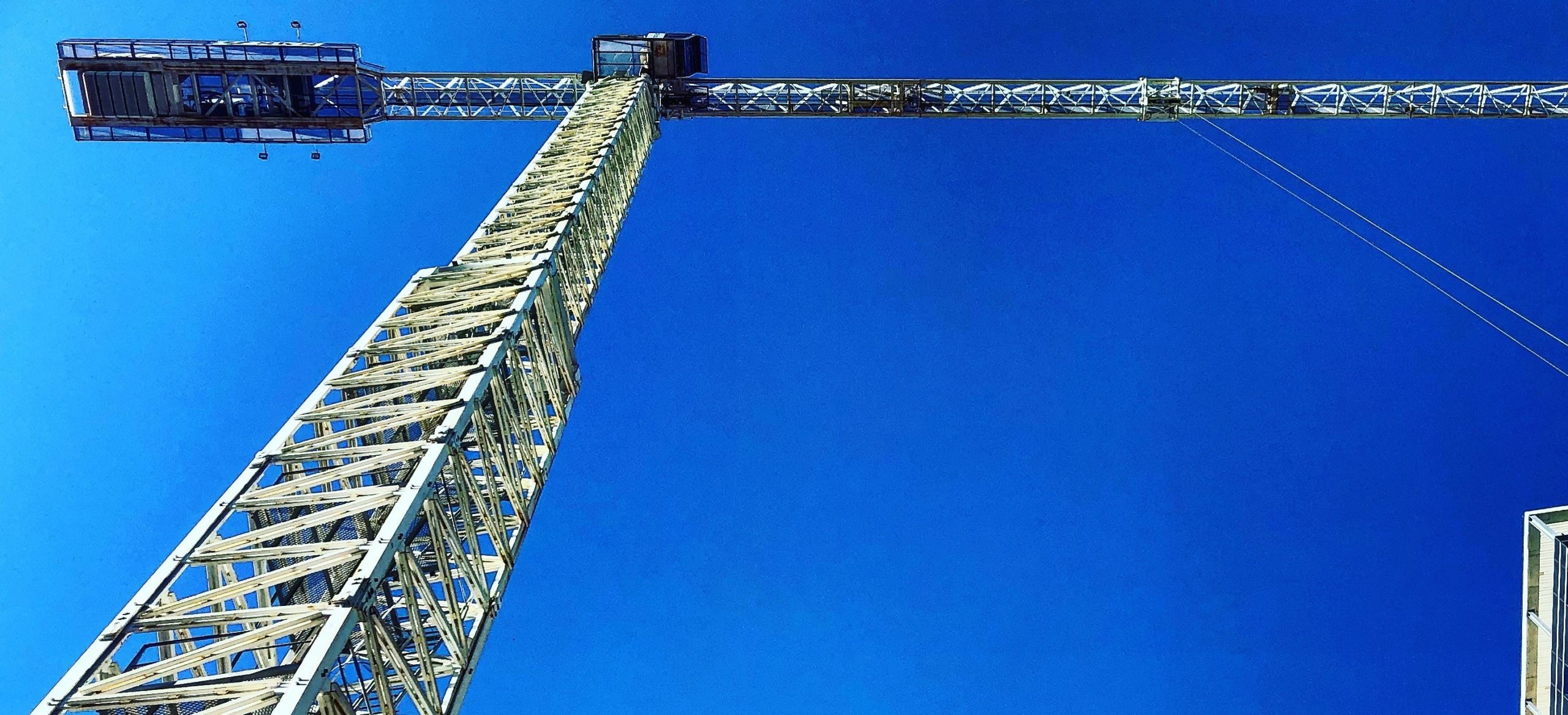
How else can community be built?
Arcadia Project Update
By Professor Cameron Neylon – COKI Project co-lead
In September last year – or in another universe, depending on how you want to look at it – the COKI project received funding from Arcadia to develop a community around the concept of Open Knowledge Institutions. The core of the project was a workshop to be held in July to bring together a small set of key players who would help us to define the parameters of what that community would look like.
How could this open knowledge community be agile, community-governed, sustainable, inclusive, globally relevant and yet also responsive to local needs and issues?
How could we move issues of open knowledge and the engagement of communities in knowledge building so that it no longer languished on the periphery of conversations about the future of higher education? Openness, diversity and the other attributes of an OKI were too often identified as “nice to have”; an “aspiration” but not a driving concern at the heart of our institutions.
Of course – we assumed – it needed to be an in-person meeting. How else can community be built? Obviously, we thought, in the future there will be more virtual and remote community building, but this meeting, our work, meets the bar that can only be served by a workshop where we come together in person.
Looking back, it all seems so grotesquely naive. In a moment where the flow of good (not accurate, not right, just the best we can) information to the right places might save hundreds of thousands, maybe millions of lives, but where we only have at best an imperfect view of the data.
At a time where the context of data is critical, the core idea of our project has been moved to centre stage by COVID-19.
The idea that optimal knowledge-making must build on enabling negotiation and consideration of views between communities, has become the benchmark for research speed and impact. Faster information movement, and more data sharing is good. But those same systems allow misinformation to travel faster as well. The web, social media and all of the networked tools that offer us new ways to work with much wider communities to make knowledge, also allow people, both malicious and well-meaning to confuse, frighten, and in some cases kill. And ironically, the isolation, the lack of context that comes from meeting face to face can exacerbate this.
Our meeting, like many others, has moved online. Our planned program of working with communities has been ripped up and we have started again from scratch.
It is exciting to be thinking about how a virtual workshop can work with timezones around the globe to enable us to use the time of busy people effectively. Can we, perhaps, do better than we would have done in person?
The pandemic is a challenge at so many levels. It is of course glib to say that challenges are opportunities. Particularly in the context of so many individual tragedies and pain. Rather, it is incumbent on us to do better. It seems clear that the kind of travel that was assumed as part of academic life (at least for those free to take advantage of it) will be limited in the future. It always was going to be as the climate crisis started to bite.
The central concept of the Open Knowledge Institution agenda is that universities can take a special role in society by supporting systems and platforms that help communities make knowledge and that this will look different in a digital and connected world. In our own limited way, we are seeking to live that by exploring the ways in which a workshop where we try to build trust, community and shared culture can move online. It forces us to re-examine the traditional approaches (which are usually less inclusive than we like to think, drinks receptions anyone?) and to really think about what it is that matters about the interactions.
I don’t imagine we’ll get it entirely, or even necessarily mostly right, but what we will do is try to effectively share what we learn from the process. That in the end is what open knowledge is all about.
